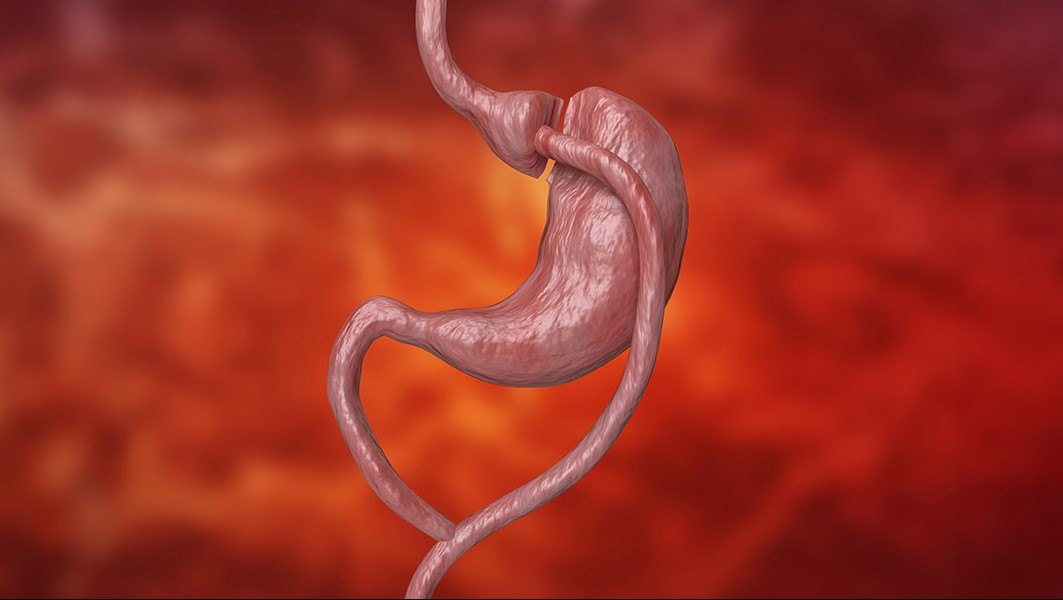Gastric Bypass Surgery in Turkey

Ortalama kalış süresi
Hastanede kalış süresi
Operasyon Süresi
Anestezi Türü
İyileşme süresi
Weight Loss with Gastric Bypass Surgery in Turkey
Obesity is a health problem that many people face today. Obesity is a condition that occurs as a result of excessive fat accumulation in the body and causes various diseases. Obesity can lead to many health problems such as type 2 diabetes, high blood pressure, high cholesterol, sleep apnea, heart disease, joint pain, depression, and more. Obesity can also negatively affect the quality of life and self-confidence.
Obesity is usually caused by factors such as unhealthy diet, sedentary lifestyle, genetic factors, hormonal disorders, psychological problems, and more. In obesity treatment, conservative methods such as diet, exercise, medication are tried first. However, these methods may not give sufficient results in some patients. In this case, surgical methods come into play.
Surgical methods are procedures that involve surgically reducing or altering the stomach and intestines, and are used as a last resort in obesity treatment. Surgical methods help the patient lose weight by reducing their appetite, food intake, and calorie absorption.
Surgical methods also contribute to the improvement or prevention of obesity-related diseases. Surgical methods are generally called bariatric surgery. Bariatric surgery can be of different types. The most commonly performed ones are sleeve gastrectomy and gastric bypass surgeries. In this article, we will tell you what you need to know about gastric bypass surgery in Turkey.

What is Gastric Bypass Surgery?
Gastric bypass surgery is one of the oldest and most effective methods of bariatric surgery. Gastric bypass surgery helps to lose weight by both reducing the size of the stomach and bypassing a part of the intestines. Gastric bypass surgery is usually performed with a technique called Roux-en-Y (RYGB).
In the RYGB technique, the surgeon separates a small pouch from the upper part of the stomach and connects it to the middle part of the intestines. This way, the stomach volume is reduced and the food reaches the small intestine directly, skipping a large part of the intestines. This ensures that the patient eats less and absorbs less calories.
Gastric bypass surgery is usually done laparoscopically. Laparoscopic surgery is a surgical method that is done by making small holes in the abdominal area and using special tools. Laparoscopic surgery has advantages such as less complications, less pain, shorter recovery time, and less scarring compared to open surgery.
Who is Eligible for Gastric Bypass Surgery?
- Patients who have a body mass index (BMI) of 40 or above, or who have a BMI of 35-40 and have serious health problems related to obesity
- Patients who cannot lose enough weight or maintain their weight with conservative methods (diet, exercise, medication)
- Patients who understand and accept the surgical risks
- Patients who can adapt to lifestyle changes after surgery Gastric bypass surgery is not a suitable method for every patient. Some patients may not be good candidates for gastric bypass surgery. In these cases, another bariatric surgery method may be preferred. These situations are generally as follows:
- Patients who have serious anatomical disorders in the stomach or intestines
- Patients who have serious medical problems such as bleeding disorder, liver failure, kidney failure
- Patients who have active alcohol or substance addiction
- Patients who have serious psychological or psychiatric problems
- Patients who are considered not suitable for surgery or who are not willing to have surgery Patients who want to have gastric bypass surgery should first apply to a bariatric surgery center. Bariatric surgery centers apply a comprehensive evaluation process to assess the suitability of patients for surgery. This process usually includes the following:
- The patient’s medical history, physical examination, laboratory tests and imaging tests
- The patient’s dietary habits, exercise level, lifestyle and weight loss goals
- The patient’s psychological state, motivation, expectations and readiness for surgery
- The patient’s information and consent about the surgical risks, complications, outcomes and lifestyle changes
Gastric Bypass Revision
Patients who have had gastric bypass surgery may experience pouch enlargement over time. In this case, revision surgery can be performed to reduce the size of the gastric outlet. Revision surgery is a procedure that is done endoscopically and does not require any incision. The surgeon repairs the gastric outlet by placing stitches. This procedure can be done as an outpatient.
Gastric Bypass Diet
- Drink 2 liters of fluid per day to avoid dehydration
- Drink fluids between meals, not 30 minutes before or after meals
- Eat and drink slowly
- Choose foods that are rich in protein daily
- Prefer foods and drinks that are low in fat and sugar
- Avoid alcohol
- Limit caffeine intake to prevent dehydration
- Take vitamin and mineral supplements as recommended by the weight loss surgeons
- Chew the foods well before swallowing
Bariatric Surgeons in Turkey
Bariatric surgeons in Turkey are expert and experienced doctors in obesity surgery and non-surgical weight loss treatments. Our weight loss surgery centers offer a comprehensive program to help patients lose weight and maintain their weight in a healthy way.
Recovery from Gastric Bypass
The recovery time from gastric bypass surgery varies depending on the size of the incision. Patients who have laparoscopic gastric bypass surgery usually stay in the hospital for 2-3 days. Patients who have open gastric bypass surgery may have longer recovery and hospital stay times. In the days after surgery, the incision area may be painful. This pain can be controlled with painkillers given in the hospital.
The doctor may ask the patient to walk on the same day after surgery. After gastric bypass surgery, patients follow a clear liquid diet for at least two weeks. It is important for them to drink at least 2 liters of fluid per day to avoid dehydration.
Before being discharged from the hospital, patients are informed by our weight loss surgery team about home care. They are also instructed on how to take enough amounts of B12 vitamin, iron and calcium. Patients can return to their work 10 to 12 days after surgery.
The Cost of Gastric Bypass Surgery in Turkey
Patients who come from abroad have many advantages to have gastric bypass surgery in Turkey. Weight loss surgery treatments are very expensive and the waiting time is very long in the UK. Therefore, many British patients prefer Turkey, which is an economical and easily accessible medical tourism center. Turkey is a country that offers affordable and high-quality obesity surgery.
The cost of living, general expenses and the high value of the British Pound against the Turkish Lira in Turkey enable the British patients to save up to 70% on their gastric bypass surgery treatments.
